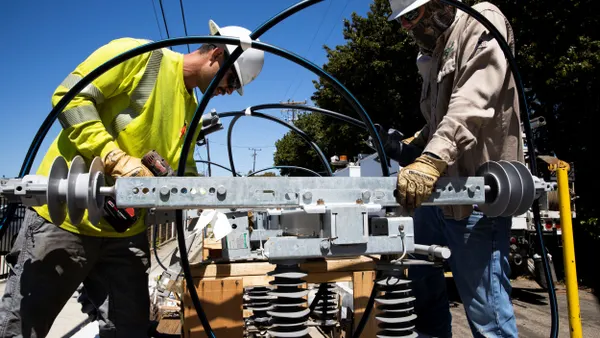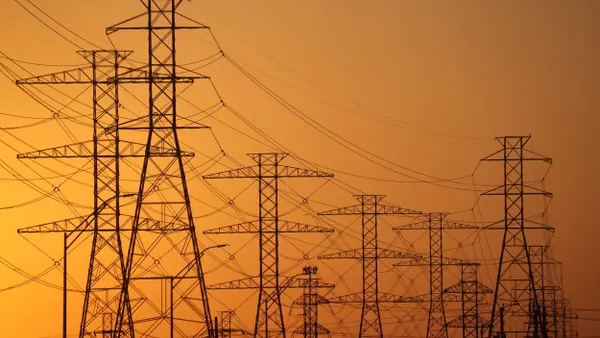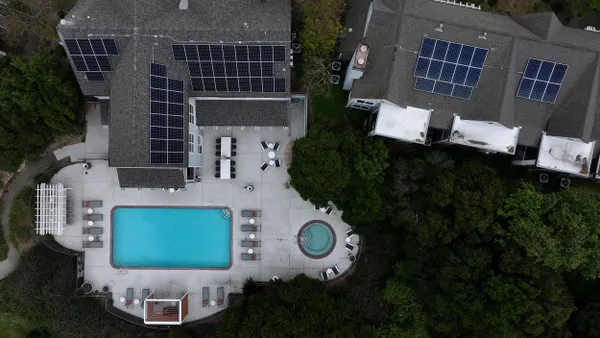Dive Brief:
- Two new bills under consideration by Mississippi lawmakers — House Bill (HB) 1139 and Senate Bill (SB) 2089 — would alter Mississippi Public Service Commission governance of electric cooperatives in the state. The bills would limit regulatory authority over electric rates and spending for the co-ops that serve 70% of the state’s customers.
- HB 1139 gives cooperatives that supply electricity “the power to fix, adjust, charge, collect and pay reasonable rates for electric energy and other facilities, supplies, equipment, products, commodities, goods and services furnished by, offered by or furnished to the corporation.” SB 2089 is the upper house's version of the legislation.
- The House bill specifically indicates rates will be set by the cooperatives' boards “and shall not be regulated by the Mississippi Public Service Commission.” Solar advocates warn the laws would allow mergers, including with cooperatives from outside the state, without PSC oversight, and give co-ops the power to cut net metering rates without regulatory approval.
Dive Insight:
The new bills to limit regulatory oversight of co-ops in Mississippi come on the heels of a regulatory decision to refuse a request from co-ops for a rehearing on new net metering rates in the state. The new rates would provide a $0.07 to 0.075/kWh credit for solar energy-generated electricity sent to the grid, with a temporary $0.025/kWh adder.
The 11 members of the South Mississippi Electric Power Association (SMEPA) supported a $0.04 to $0.045/kWh credit. SMEPA and other Mississippi cooperatives argue the commission's NEM rule constitutes rate regulation by the MPSC, but their non-profit, member-owned status makes them self-regulated and independent of oversight.
The laws would eliminate PSC oversight on a variety of co-op activities and rates, including “cost of service; declining block, time-of-day, seasonal, and interruptible rates; load management techniques; integrated resource planning; conservation and demand management; energy efficiency; wholesale power purchases; net metering; fuel sources; fossil fuel generation efficiency; time-based metering and communications; interconnection for distributed generation; and smart grid investments and information.”
SB 2089 is the upper body’s version of HB 1139, which was introduced by Republican Charles "Jim" Beckett, chair of the Public Utilities Committee in the Senate. Both are presently in committee.














